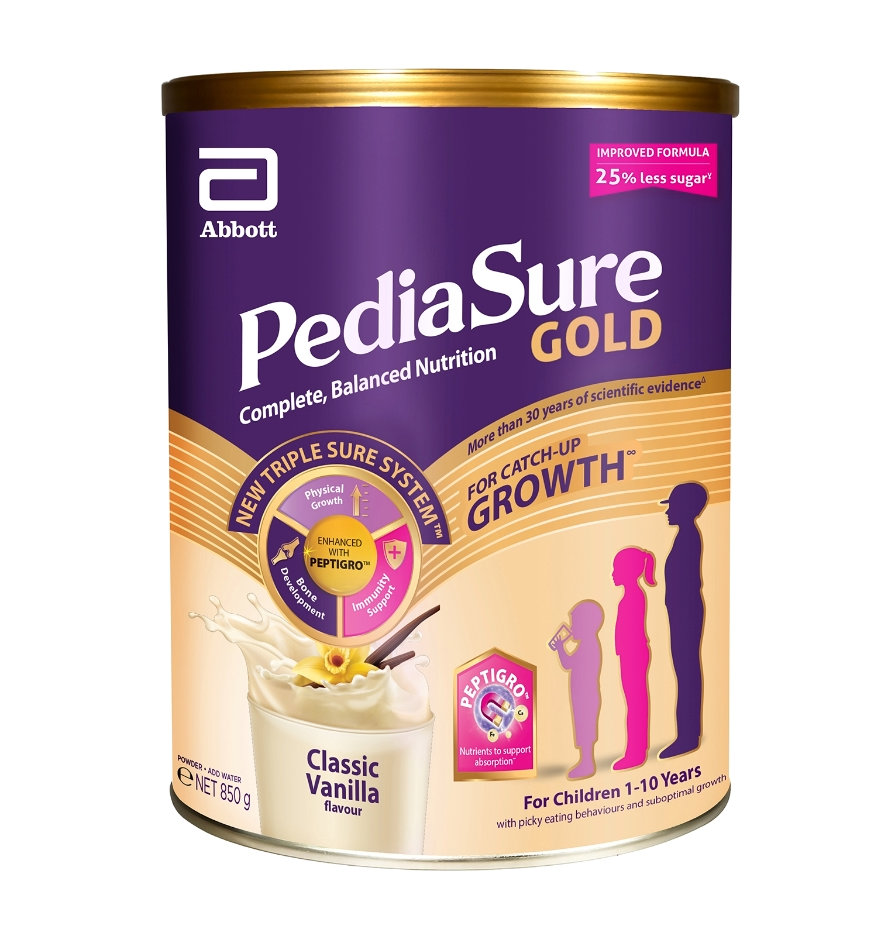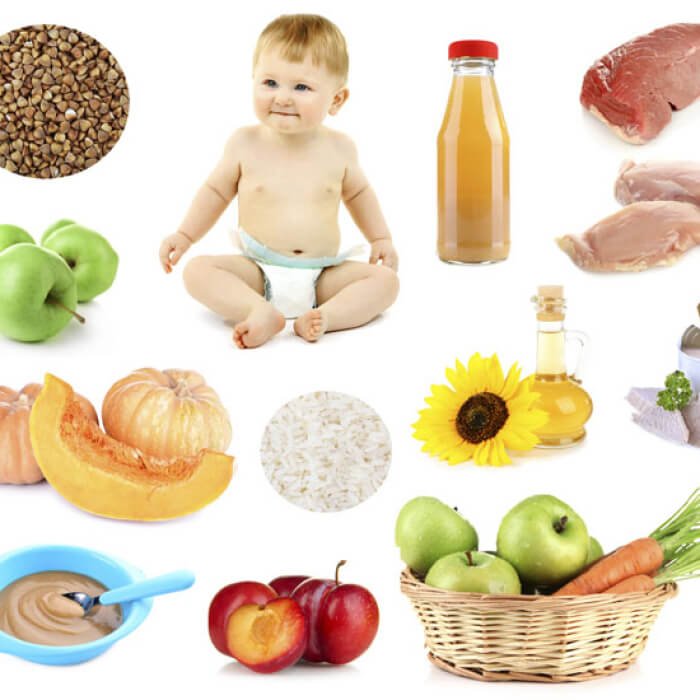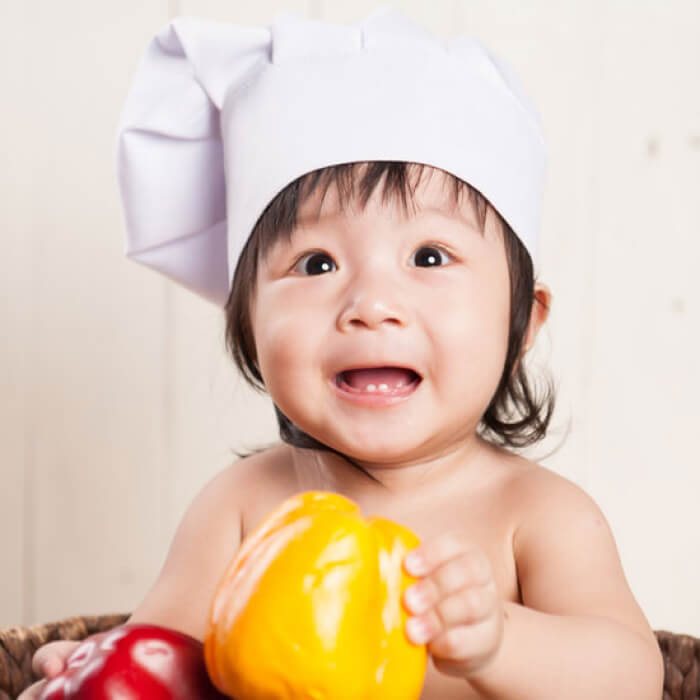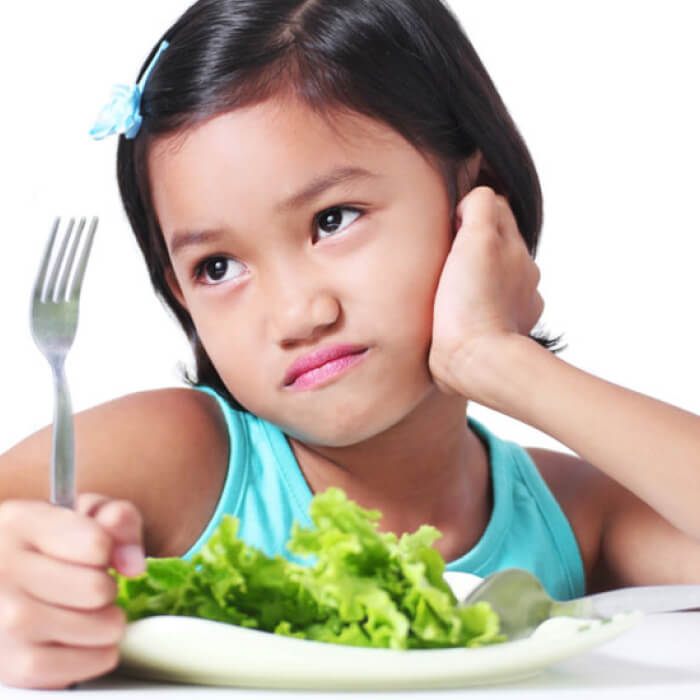Pediasure Gold
- Main Image
-

- Subtitle
- 1-10 Years Old
- Title
- PediaSure® Gold Vanilla
- Detail Page Path
You’ve probably heard of the term ‘Tiger Mum’, but have you heard of an ‘Elephant Mum’? Elephant parenting was a concept first introduced by Priyanka Sharma Sindhar, in 2014, in an article called “Being an ‘Elephant Mom’ in the Time of the Tiger Mother”. She explained the difficulties she faced on her journey to becoming the kind and nurturing mother she wanted to be, during the rise of the “ultra-strict disciplinarian” tiger mother. A Tiger Mum and Elephant Mum are complete polar opposites, and couldn’t be more different. However it is important to remember “the best parent you can be is the one that you want to be; and there is no perfect parent, just as there is no perfect kid.” Perfectly described by Priyanka.
Elephant parents strive to support their children emotionally, and create a warm and loving environment for their kids to grow. They will nurture and protect their little ones through hard times and crying. Compared to a tiger parenting style, which is a parenting style that is formed on the basis of tough love. Tiger Mums push their children to make choices, behave like adults and comfort themselves rather than relying on parents. An elephant parenting style is flexible, it allows children to reach out for help, and depend on their parents for comfort and warmth whilst still young. Elephant parents allow children to be children and seek fun moments and happiness rather than academic success. This parenting style is filled with warmth, encouragement and protection. While Tiger parents prepare their children for independence and the harsh realities of life from a young age. ² For example, in Amy Chua’s book “Battle Hymn of the Tiger Mother”, Amy told her 4 year old daughter to re-do a birthday card, because it wasn’t up to her standards. Tiger parents will be tough, and hard on their kids, to foster a competitive spirit in their children. But regardless, whatever animal parent you are, tiger or elephant, both parenting styles lead with love, just different types of love. What is important to remember is the best type of parenting is the type that makes you feel the most comfortable and happy.
If your children received a bad grade, would you…
a) Scold them, sit with them for hours until they understand where they went wrong, and then make them resit the test again until they get a good grade
b) Comfort them if they are upset, tell them not to give up and that there are plenty of other tests where they can try again and do better, and offer to help them understand the concept better
If your children cried or threw a tantrum in public, would you…
a) Yell at them, and tell them to stop crying. Or punish them when they get home by taking away a toy, and tell them they have to behave like an adult
b) Take them somewhere quiet, where you can ask the child what is upsetting or overwhelming them. Encourage them to express how they feel calmly and quietly, and then give them a big hug to make them feel better.
If your children refused to eat what you have made for dinner, would you…
a) Make them sit at the table until they finish everything on their plate, even if they don’t like the food. You would stay with them until they ate all the food, even if they are crying.
b) Provide them with healthy food options on the table, and allow them to eat what they want, as well as how much they want. Ask them the reason they are not eating, and if it because they are not hungry, then you wouldn’t force them to eat.
Mostly a? You are on the stricter side, and could definitely classify as a Tiger Mum! Mostly b? You are more nurturing, a true Elephant Mum through and through!
Parenting styles can affect every part of your child’s life, from their sense of worth to their values, this also applies to their feeding patterns. Child – parent relationships have a large influence on children’s relationship with food and future eating behaviours.
Elephant parents seem to have healthier children
An elephant parenting style is most closely related to a responsive feeding style, and research has demonstrated the amazing benefits this style has on children’s future relationship with eating. There are four feeding styles, however Dr MacLean encourages a responsive feeding style. Similar to an elephant parenting style, a responsive feeding style allows children to be flexible. Elephant parents tend to be responsive and emotionally available to their children’s needs. This feeding style is formed on the basis of mutual respect between the parent and child. As well as an understanding of what the child wants and needs. This means that the child can choose what they would like to eat from what’s provided on the table, and how much they want to eat based on their levels of hunger. Good listening, trust and boundaries are the most important aspects of this feeding style. Some previous findings suggest that these beneficial interactions between parent and child provides them with the ability to self-regulate food intake in the future. Research also shows that children who received a responsive feeding style are more likely to eat more fruit and vegetables in the future and be more physically active. Elephant parents help their children maintain a healthier weight as they grow up and become more independent because of their responsive feeding style! ³
Elephant parents are more likely to have a responsive feeding style
Similar to an elephant parent’s perspective, Dr MacLean said “It’s not a parents job to control a child’s food intake. The parent’s job is to provide balanced meals, making the eating environment positive, and respond to children appropriately.” Click here to read more about feeding styles.³
References:
Dewey KG, Mayers DR. Early Child Growth: How Do Nutrition and Infection Interact? Maternal & Child Nutrition 2011
¹ Priyanka Sharma Sindhar. The Atlantic: Being an ‘Elephant Mom’ in the Time of the Tiger Mother, 2014. Available at https://www.theatlantic.com/education/archive/2014/12/elephant-mom-timeof-tigermother/383378/
² Parenting Desk. The Indian Express: Parenting Trends: Are you an elephant mom or dad? 2020. Available at https://indianexpress.com/article/parenting/family/parenting-trends-are-you-an-elephant-mom-or-dad-6223251/
³ Raja Jumier. Abbott Family: How your eating habits can affect your kids.
SG.2022.27905.PDS.1 (v1.1)

Find out how parent's healthy eating habits and feeding styles affect their children relationship with food! Hear from the experts.

Healthy food for kids: 3 fun and easy ways to help your kids love fruit and vegetables. Get your child eating healthy food from a young age.

Healthy food for children. Do you have a picky eater? Find out if your child is eating the right food for a healthy and balanced diet.
You are about to exit for another Abbott country or region specific website.
Please be aware that the website you have requested is intended for the residents of a particular country or region, as noted on that site. As a result, the site may contain information on pharmaceuticals, medical devices and other products or uses of those products that are not approved in other countries or regions.
The website you have requested also may not be optimized for your specific screen size.
Do you wish to continue and exit this website?